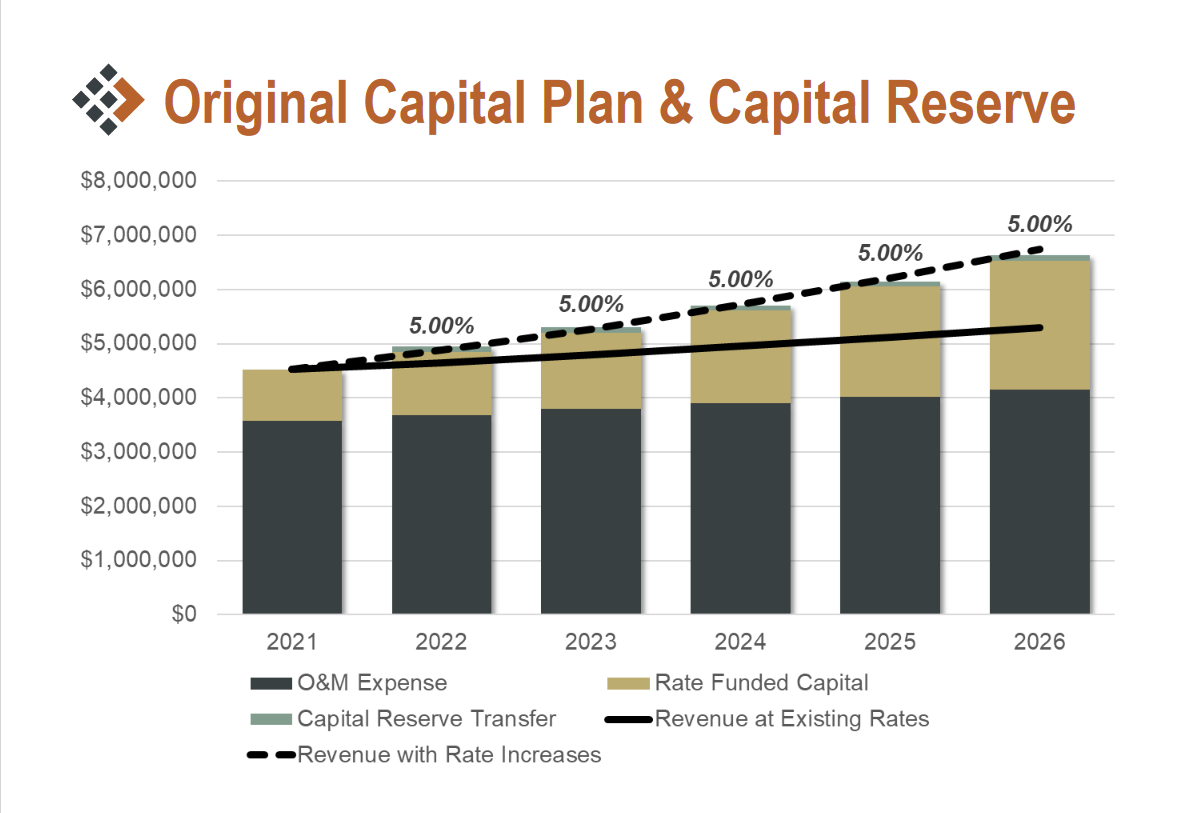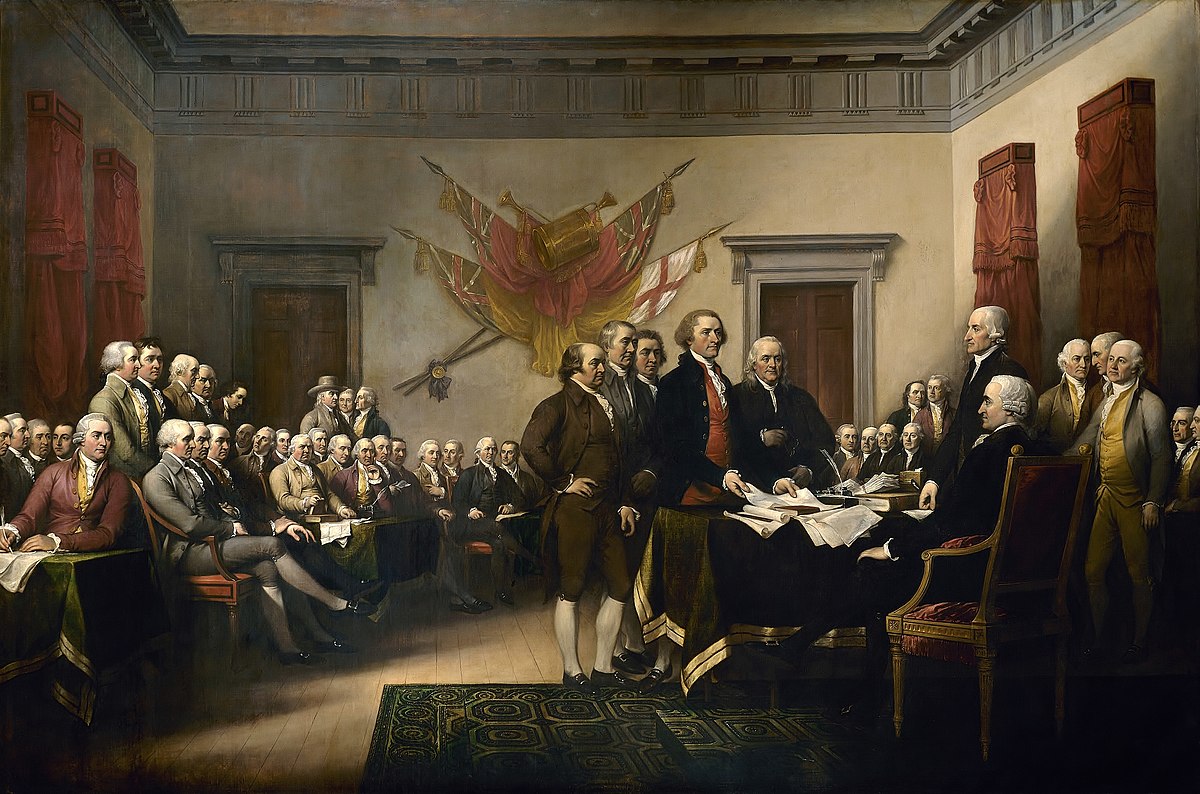Public Service Announcements
This Week
Monday: Destination Des Moines. Planning their summer and fall events, which sounds like a lot of fun after the past year.
Tuesday: South County Transportation Board (SCATBd) No public agenda at deadline.
Thursday: Municipal Facilities Meeting (Agenda) There will be a discussion of the Marina Redevelopment (with questions from the public) and update on the passenger ferry.
Thursday: Economic Development Committee Meeting (Agenda) Marina Redevelopment (with questions from the public) and update on the passenger ferry. No I did not accidentally hit Ctrl-V.
Thursday: Council Meeting (Agenda)
Last Week
Monday: I attended the King County International Airport Roundtable. No, it’s not Sea-Tac, but we share the same air space and we need to work together on reducing the noise and pollution.
Tuesday: Port Of Seattle Commission. I sent a letter on behalf of SeatacNoise.Info asking the Port to revise the Sustained Airport Master Plan (SAMP) in light of COVID-19. It is short and if you are concerned about the airport, I hope you will read it.
Wednesday: A presentation of the Marina Redevelopment Plan to the Des Moines Marina Association (DMMA). This will be their general membership’s first look at the proposal.
Thursday: I attended the Pacific Coast Congress Of Harbormasters Conference . The PCC is the big association that all west coast Marina’s belong to. Since this is our big marina re-development year, I thought it would be a good idea to check in and see what’s what.
Thursday: Environment Committee (Agenda)
Thursday: Transportation Committee (Agenda)
Thursday: City Council Study Session (Agenda) The topic will be State Of The City. If you wanna bone up on that, you can look at the version presented by the Mayor and Deputy Mayor last November at the Des Moines Marina Association.
A few words on utility taxes…
If we were being practical, our Environment Committee might be renamed ‘The Storm Water Public Utility Committee’ because functionally that’s 90% of what it does. We tend to think of ‘utilities’ as being separate governmental entities, but they don’t have to be. A city can run its own utility and in fact we do. The Environment Committee acts much like the Commissioners at our respective Sewer and Water Districts. (It would be worth a think to run the Marina in this fashion as well, but I digress.)
I dislike utility taxes because they are regressive (bad for you) and terrible environmental policy (bad for the world.) And that is because utilities are priced mostly based on usage which means that everyone pays the same based on how much they use. That sounds fair but actually? Not so much.
Years ago we stopped taxing sales on food because we recognize that $100 of food to someone making $2o,000 a year is a completely different thing from $100 to a person making $200,000 a year. The way we tax utilities has exactly the same unfair impacts on people. Additionally, many utilities encourage wasteful use because you pay a fixed amount regardless of your impact to the system and to the environment.
We bill you for storm water based on just a few very broad sizes of your property. It’s based on the idea that wealthier people have bigger houses. But since there are so few rates, it ends up costing most people the same.
The Environment Committee is going to decide later this year whether or not to raise rates because, just like the Marina, there is a lot of ‘stuff’ that is at or nearing end of life and we need to set aside money to pay for it. We can keep rates as they are and kick the can down the road a few year or we can ask you to bite the bullet now to keep us on schedule.

This conversation would be much easier for me if rates were set more equitably. The problem is that the current system has no way to adjust based on ability to pay. The first thing that probably flashed into your mind is keying it to income. The reason that doesn’t fly in small cities is at least partly administrative, but also it rubs a lot of people the wrong way to start connecting one’s 1040 to their storm water bill–even if it would save them some money.
The biggest tool the current management used to get us out of debt was utility taxes. I understood the concept, but such taxes are addictive–once they get started Cities find them almost impossible to kick. But on the other hand, we do need a certain amount of revenue to pay the bills.
In my opinion, one long term goal should be to re-examine the way we pay for all utilities; not just storm water, but everything, including internet. Utilities, by definition are, like food, necessary items. The City needs enough money to provide these services, but we also need to find a pricing model that is based on how the world works now.
Council Meeting: State Of The City
Clerk’s Recap Agenda Packet Video
See below.
The Minority Report (Part 1)
This letter is what would be called in State, Federal government, the Minority Report–the response from the party not in power to the April 15th State Of The City presentation. A minority report has become customary with the universal recognition that “State Of” speeches are largely political documents and do not provide an objective review of the strengths and weaknesses of the government. The Minority Report gives the public ‘the rest of the story’ and is an important part of a democratic process.
Many of us dislike thinking about ‘politics’ on our City Council. We don’t consider ourselves as part the ‘swamp’ often associated with state and federal legislatures. But politics is politics. The City Of Des Moines is a $100 million dollar corporation, with a complex government and the stakes are high. Especially in this election year where four seats and the majority are on the line.
We want to be thrifty with your time and attention so we’ll break this into two five minute reads: first politics, then policy. Note that the majority took two hours to make their argument.
Thanks to our great staff!
First, we want to acknowledge that the presentation did contain some good information and we hope the entire public will watch it. Some of the items discussed are significant accomplishments. We supported these and actively contributed to several. It also highlighted some of the great work our staff is engaged in for all of us every day. We want to acknowledge their efforts and offer our deepest thanks.
A marketing presentation
However, this was unlike any ‘State Of’ speech we have ever heard in that it was all positive and no negative. In fact it was simply a marketing presentation. Just to be clear: we always want to promote the legitimate accomplishments of our city to the greatest possible extent. However, there was not even a polite attempt to acknowledge any need for improvement or significant long-term risks. There are many of these and the public has a right to hear them discussed with candor.
No matter how glowing, every proper performance review includes that kind of discussion. It is one thing to put a positive spin on things, but a presentation called The State Of The City demands at least some sincere attempt be made to present a balanced picture.
Performance, not Study Session
If you do not regularly attend City Council Meetings you may have thought that the State Of The City presentation was the meeting. That is not accurate. This meeting was a Study Session, a legally separate type of Council meeting broken into two halves: learning followed by discussion.
But even if you knew that you still may have been confused because after a two hour presentation there was no discussion and not a single question. The reason for this, as you know from watching, is simple: the majority Councilmembers were also the presenters. (We wouldn’t have any questions either if we were actors in a scripted show!)
In short, this was not a Study Session it was a performance, pure and simple.
Public engagement…
Just as worrying, there was no comment from the public. The Mayor expressed amazement that no one had signed up to comment, at one of the most important meetings of the year, in one of the most important years in the City’s history. But he had no reason to be surprised: this lack of public participation has become the norm at all meetings and all forms of public engagement.
This lack of participation is partly a lack of awareness–and we can and should do a much better job of public outreach. The deeper problem is cynicism. Many of our residents now recognize from events like this that their voice is irrelevant. This combination of a lack of awareness and cynicism is toxic to good government.
Disagreeing without being disagreeable
The Mayor has repeatedly used the popular phrase ‘disagreeing without being disagreeable’ to express his laudable desire for a better working relationship on the Council. Perhaps it brings to mind something like this?

As we now know, many of the Founding Fathers actually hated one another. Somehow, they still managed to create the most enduring democracy in history.
It’s not quite as intense here. 😀 But historically, politics in Des Moines has always been a bit messy–whether or not the public sees it. In every healthy government, electeds will not agree on all things, all the time. And constructive disagreement can actually be a plus.
Though currently in the minority, a majority of voters elected us to represent you. So any presentation claiming to represent the State Of The City should contain our input.
Some improvements…
That said, we agree with the Mayor that we could work together more effectively and it is our hope to do so going forward. But doing so will require change, hard work and it will take time. We can begin by taking two small, but very significant steps towards making the State Of The City a much more balanced presentation.
- First, these presentations should be developed with input from all seven Councilmembers; not only the majority. The last word may rest with the majority, but all voices should be given a meaningful place.
- Second, if so desired, the minority should be provided an opportunity for a formal response. This could be given from the dais after the State Of The City or at the next City Council Meeting.
These changes are not about political ‘fairness’. The public needs to receive a balanced picture of our City. But including the entire Council in this process and allowing for a minority response would also send a powerful message to residents that their Council can work together and ‘disagree without being disagreeable.’
In closing
This message is firm because the circumstances demand it. However it includes not only constructive criticism but a simple and practical suggestion for improving our government and making your City better. It is offered to our colleagues and to all residents of Des Moines with sincerity and with absolutely no rancor.
It is our honor to serve Des Moines.
Councilmember JC Harris,
Councilmember Anthony Martinelli


